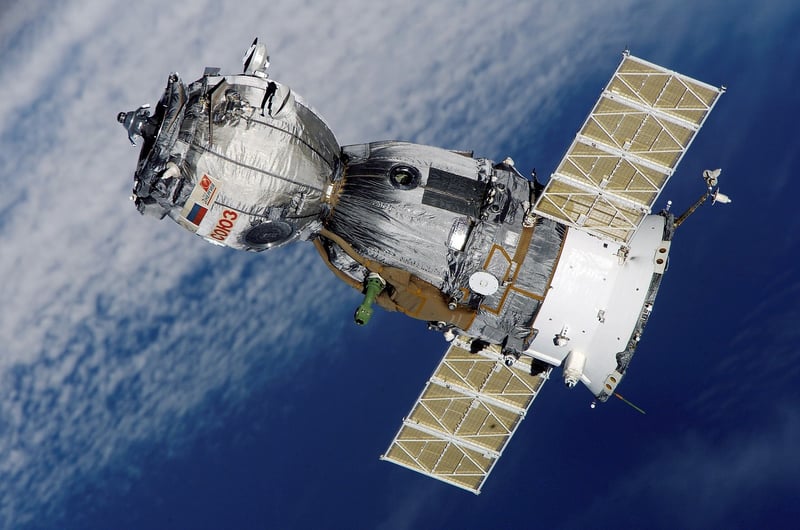Cosmic Outposts
Establishing Human Presence in Space: The Future of Cosmic Outposts
Human presence in space has been a dream for generations, and today, this dream is becoming a reality. With advancements in technology and a renewed interest in space exploration, establishing cosmic outposts is no longer a distant fantasy but a tangible goal for humanity.
The Importance of Cosmic Outposts
Cosmic outposts, such as space stations and lunar bases, play a crucial role in our quest to explore and colonize space. These outposts serve as stepping stones for further exploration, enabling scientists to conduct research in microgravity environments, study celestial bodies up close, and test technologies essential for deep space missions.
Challenges of Establishing Cosmic Outposts
Despite the incredible potential of cosmic outposts, their establishment poses numerous challenges. These include the harsh space environment, limited access to essential resources, long-duration space travel, and the need for sustainable life support systems.
Technological Advancements
Fortunately, rapid advancements in technology are addressing these challenges. From reusable spacecraft to advanced life support systems and 3D printing capabilities, innovative solutions are being developed to make long-term space habitation a reality.
The Future of Space Exploration
As we look to the future, the establishment of cosmic outposts will pave the way for ambitious missions to Mars, asteroid mining operations, and the creation of a sustainable human presence beyond Earth. These outposts will not only expand our scientific knowledge but also open up new opportunities for commercial space ventures.
Conclusion
Establishing human presence in space through cosmic outposts represents a significant milestone in our journey to explore the cosmos. With continued innovation and international collaboration, we are on the brink of a new era of space exploration that will shape the future of humanity for generations to come.


